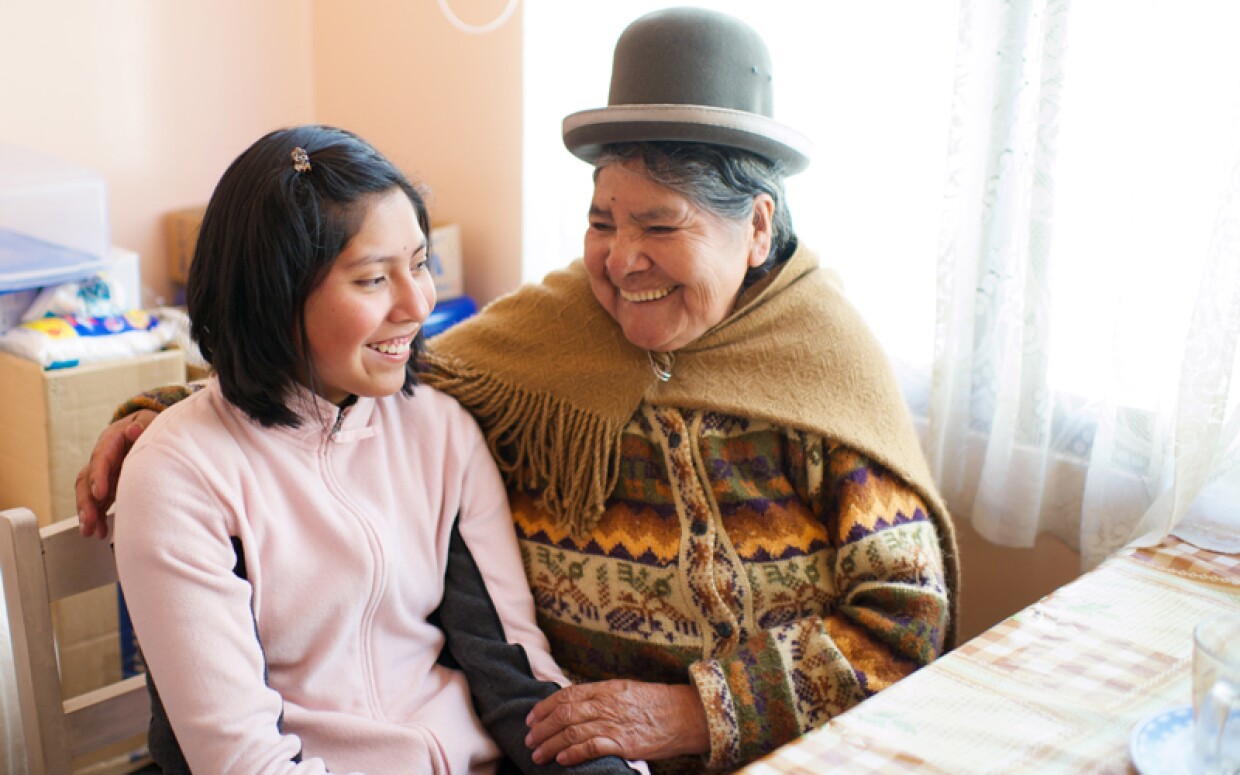Defining what is your heritage means understanding your inherited sense of family identity. Explore these questions and activities to strengthen and better express your own sense of heritage.
Defining Your Heritage

The word “heritage” brings to mind different ideas for different people—and it should. Heritage is a person’s unique, inherited sense of family identity: the values, traditions, culture, and artifacts handed down by previous generations. We absorb a sense of our heritage throughout our lives as we observe and experience the things that make our family unique. Although not every inherited trait, tendency, or tradition is positive, we generally consider heritage to be the positive and meaningful elements of our family’s identity that we incorporate into our own lives and pass along to succeeding generations.
Heritage can express itself in many ways. Some families define their heritage primarily as their ethnic, cultural, or national identity. Other families can point to values that have been passed on, such as a love for education, participation in community life, a strong work ethic, or religious devotion. People may feel that an inherited aptitude—such as for music or mechanics, athletics or art—is part of their heritage.
How to Discover Your Heritage
Some people have a strong sense of their heritage. They can point to a flag hanging proudly nearby or repeat stories and traditions shared by their parents or grandparents. Some have a confident sense of the unique interests,occupations, or values found in their family.
Others may have to look a little more closely to identify traces of heritage in their lives. Asking the following questions may help people discover elements of their family’s unique legacy in their lives:

- How would I define my ethnic, cultural, or national identity? How does this identity shape my sense of who I am?
- What traditions or rituals do I observe, either in everyday life or on special occasions? Where do those traditions come from?
- What are my most prized values, hobbies, or interests? Did my parents, siblings, grandparents, or other relatives share these?
- What positive traits, tendencies, or aptitudes would I use to describe my family in general? How do these traits manifest in my life?
- What values, traits, interests, or hobbies do I have that I see in my own children or grandchildren or that I would wish to see manifested in younger generations in my family?
Another approach to discovering heritage is to search your family tree and family stories. What nations of origin or ethnic backgrounds are most prominent? If you participate in the FamilySearch Family Tree, it is easy to create a fan-chart view that highlights your ancestral birthplaces, such as the one shown below:

Find Your Ancestors' Homeland
If you already know what countries your family came from, or you just discovered it from looking at your Family Tree, you can dive into learning more about your ancestors' homelands from the list below.
Connect With Your Ancestors
As you explore your family tree, identify patterns by asking these kinds of questions:
- Do historical records show patterns in your family’s occupations, especially jobs relating to certain values, interests, or skills?
- Do you see traditions or traits echoed in the kinds of photos your family takes or what objects they have chosen to keep?
- What values or feelings do your most important family stories impart?
If you can attend a family reunion or meet with relatives, consider asking others what is meaningful to them about your shared heritage.
Some who seek a stronger sense of cultural or ethnic identity turn to DNA testing. Ethnicity percentages, while not always reliable or specific, may help you discover your ancestral places or cultures of origin. Connecting with DNA matches can reveal heritage that has been passed down through other branches of the family.
What You Can Do to Honor Your Heritage

For many people, the most meaningful way to honor their heritage is to include elements of it in their own lives. They live the positive values they were taught and pass them on to others. They may choose activities or traditions that help them feel connected to their loved ones. Heirlooms, family photos, and other tangible reminders of their heritage may be displayed in their homes. They may also create new traditions that communicate the values they hope will outlive them.
Many who want to honor their heritage spend time learning about and expanding their family tree. They may interview relatives, label old photos, gather family recipes, and write down the stories they discover so as to preserve a more lasting legacy. Some even travel to ancestral hometowns or homelands to learn more about their heritage and feel more connected to past generations.
Start or explore your family tree for free on FamilySearch.org.
Learn More about Discovering Your Cultural Identity
At FamilySearch, we care about connecting you with your family, and we provide fun discovery experiences and family history services for free. Why? Because we cherish families and believe that connecting generations can improve our lives now and forever. We are a nonprofit organization sponsored by The Church of Jesus Christ of Latter-day Saints. To learn more about our beliefs, click here.

























